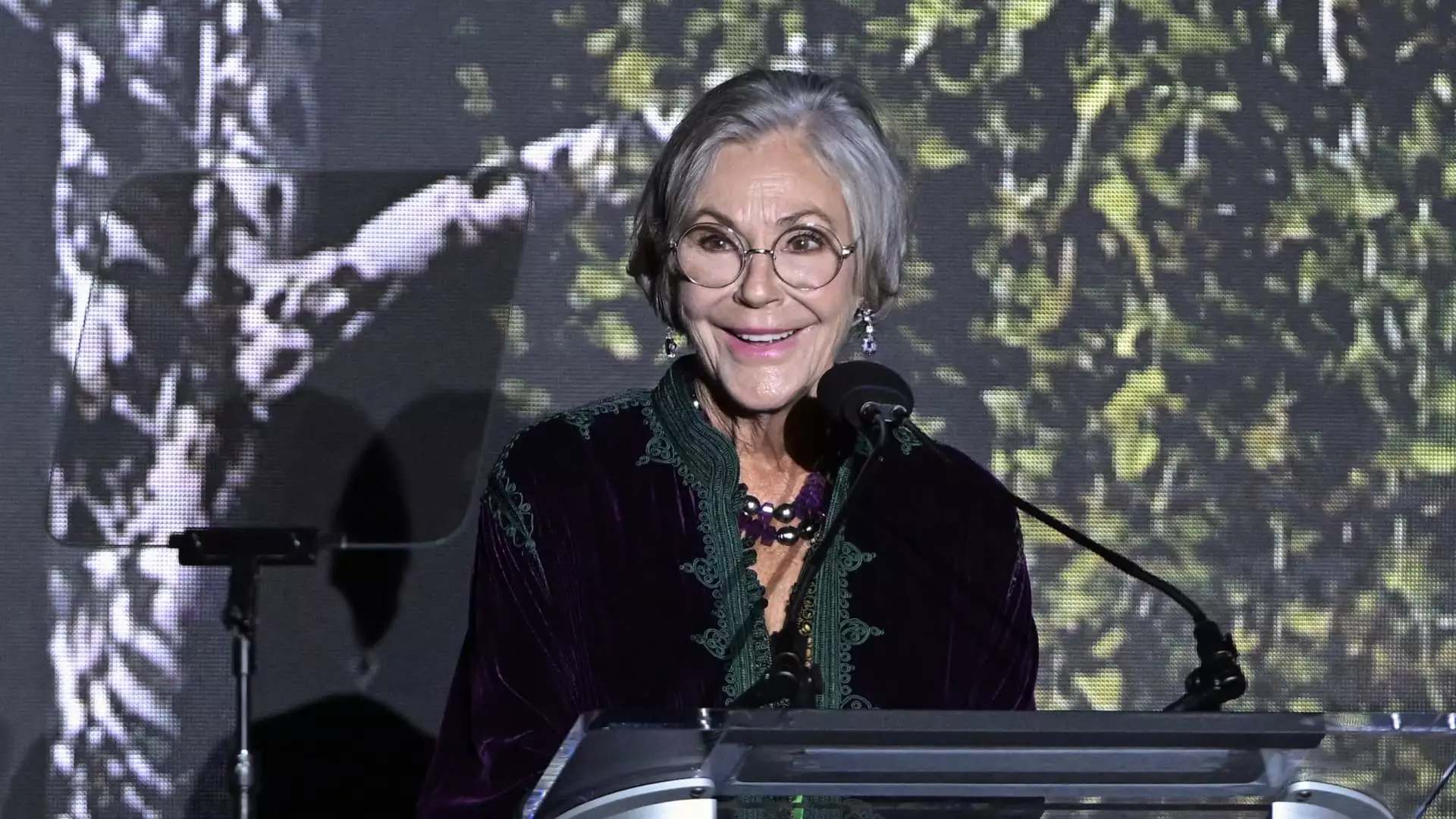As the financial landscape evolves, women are increasingly stepping into positions of immense wealth, challenging traditional perceptions of wealth accumulation and distribution. Recent findings reveal an encouraging trend: as of now, women comprise 13% of the global billionaire population, a notable rise that signifies both their participation in high-stakes financial arenas and their potential influence in philanthropic ventures. Despite this number seemingly being modest within the context of 3,323 billionaires globally, the trend shows a steady increase in female representation within this elite echelon over the past decade.
The report from Altrata highlights several driving forces behind this feminization of wealth, notably the surge in female entrepreneurship, gradual shifts in societal attitudes towards gender roles, and significant inter-generational wealth transfers. These factors are coalescing to alter the dynamics not just of wealth ownership but also of how that wealth is allocated towards charitable initiatives.
A critical aspect of this phenomenon is the role of inheritance, which has emerged as a primary factor in the wealth of women billionaires. According to Altrata, approximately 75% of women billionaires have inherited at least part of their fortune, with a staggering 38% having inherited their entire wealth. This is in sharp contrast to their male counterparts, among whom only 5% can attribute their riches solely to family legacy.
The wealthiest women, such as Alice Walton and Françoise Bettencourt Meyers, serve as prime examples of this trend, having inherited vast fortunes that place them among the richest individuals globally. In contrast, among men, a striking 66% are considered self-made billionaires, a distinction that paints a different picture of how wealth is generated and perpetuated within genders. This disparity raises questions about the long-term implications for wealth concentration and transfer.
Philanthropy: A Female-Driven Approach
Women billionaires not only attain wealth but demonstrate divergent spending habits compared to their male peers, particularly in the realm of philanthropy. The Altrata report notes that nearly 20% of female billionaires dedicate the majority of their professional time to nonprofit organizations, a stark contrast to just 5% of male billionaires. The higher propensity for charitable engagement among women is likely tied to the prevalence of inherited wealth, which tends to cultivate a sense of social responsibility and commitment to community welfare.
This philanthropic approach is indicative of a broader trend wherein inherited wealth is often associated with a stronger inclination toward charitable giving and social justice initiatives. The motivations behind these donations frequently reflect a desire to effect meaningful change within society, moving beyond mere financial contribution to foster deep-rooted impact.
Examining the investment habits and financial portfolios of billionaires reveals additional distinctions between the genders. Female billionaires typically allocate a larger share of their wealth to private holdings, with 35% of their assets in private companies compared to 28% for males. Moreover, they exhibit a preference for liquid assets and cash, which constitutes 39% of their wealth, while their male counterparts tend to heavily invest in stocks, with the latter accounting for 40% of their holdings, predominantly driven by tech-sector investments.
The luxury sector is where gender preferences starkly contrast. Women billionaires are significantly more likely than men to invest in high-value real estate and art, indicating a focus on tangible assets and legacy-building. Interestingly, when it comes to leisure activities, the divide is equally pronounced; while a significant proportion of female billionaires list philanthropy as their primary passion, male billionaires more commonly cite sports and tangible luxury items such as automobiles and yachts as their main interests.
The increasing number of female billionaires not only symbolizes a shifting demographic within the apex of wealth but also signals a potential reconfiguration of how that wealth is utilized for societal benefit. As women gain prominence in this space, their unique perspectives and priorities are likely to foster a more compassionate and inclusive approach to wealth distribution and philanthropy. Embracing these changes can push against traditional barriers and create opportunities for further societal advancements, establishing a new legacy of wealth that prioritizes community and social development over mere accumulation.

